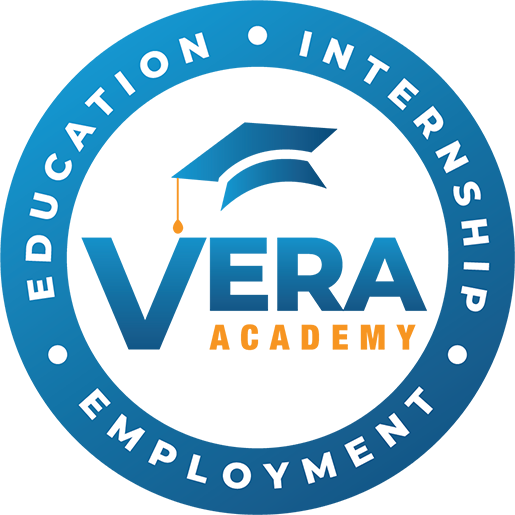1. Introduction to Interning in Denmark
Denmark is a top choice for young professionals seeking a unique and fulfilling internship abroad. With its progressive work culture and dedication to life balance, Denmark promises more than just career growth – it offers a glimpse into a lifestyle that prioritizes quality of life. As you prepare for your internship, embrace the opportunity to explore not only the professional world of Denmark but also the nuances of its rich culture and welcoming people.
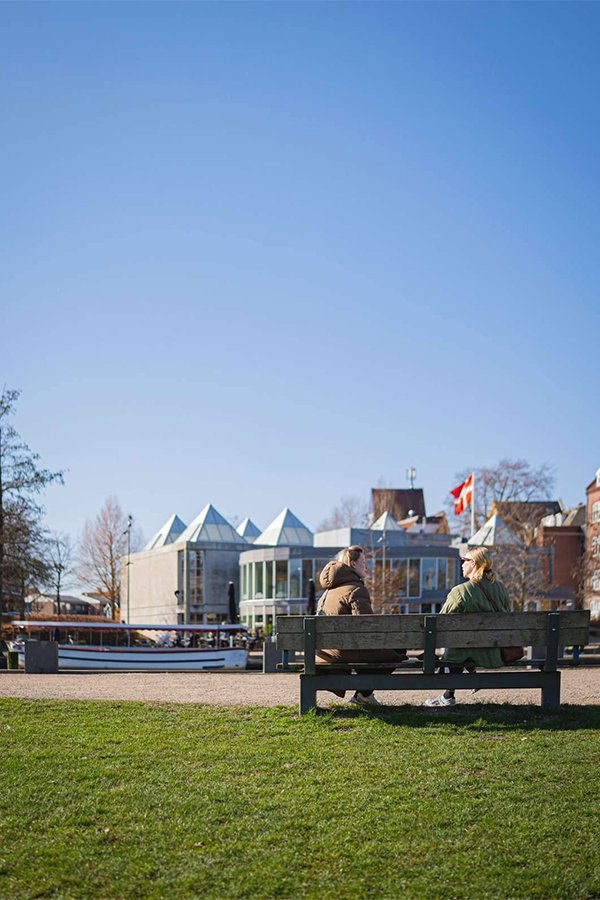
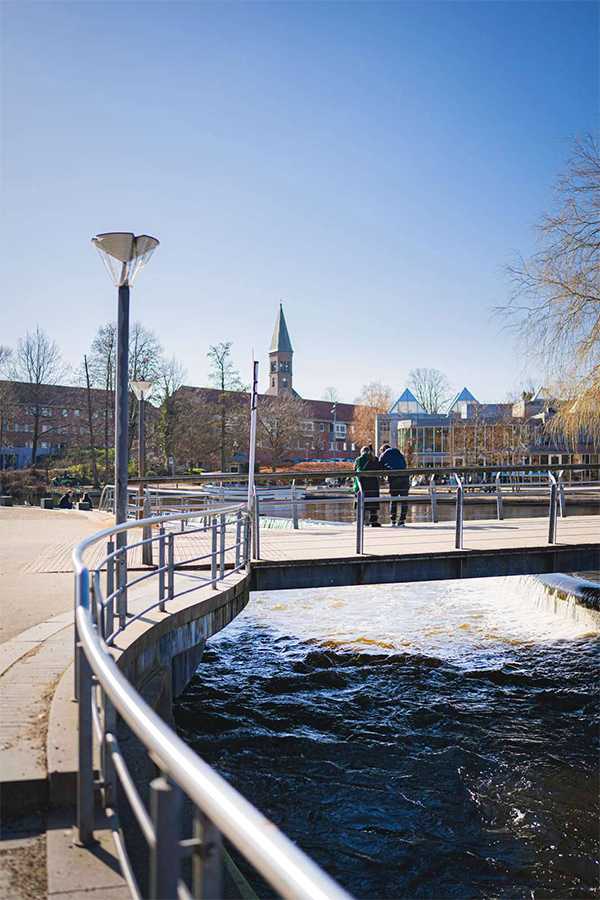
2. Understanding Danish Cultural Values
The Danish concept of hygge is key to understanding the local lifestyle. It’s a mindset that values comfort, coziness, and creating a welcoming atmosphere. Danish people often maintain a clear separation between work and personal life, making it important to respect boundaries and engage in social events when invited, as these are often relaxed, low-pressure gatherings.
3. Preparation Essentials for Your Trip
Arriving prepared can make all the difference. Gather crucial documents, such as your passport, visa approval, internship confirmation, and any insurance paperwork. Pack wisely for Denmark’s unpredictable weather – layerable clothes, a good coat, and waterproof shoes are essentials. Aim to travel light; Denmark’s style is often minimalist and practical.
4. Visa and Work Permit Requirements
If your internship lasts more than three months, you’ll likely need a visa and work permit. The application process can be extensive, requiring proof of internship, identification, and sometimes proof of language proficiency. Familiarize yourself with deadlines and apply early to avoid any delays in starting your internship.
5. Accommodation and Housing Options
Finding housing in Denmark’s cities can be competitive. Consider options like student housing, shared apartments, or even homestays. Rents are typically higher in cities like Copenhagen, so set a budget and look early. A good strategy is to connect with other interns or expats who might know of available rooms.
6. Navigating Denmark’s Public Transportation
Denmark boasts a reliable and eco-friendly transport network. Purchase a Rejsekort card for easy access to buses, trains, and metros. Biking is also popular and provides a budget-friendly way to explore the city while blending in with the locals.
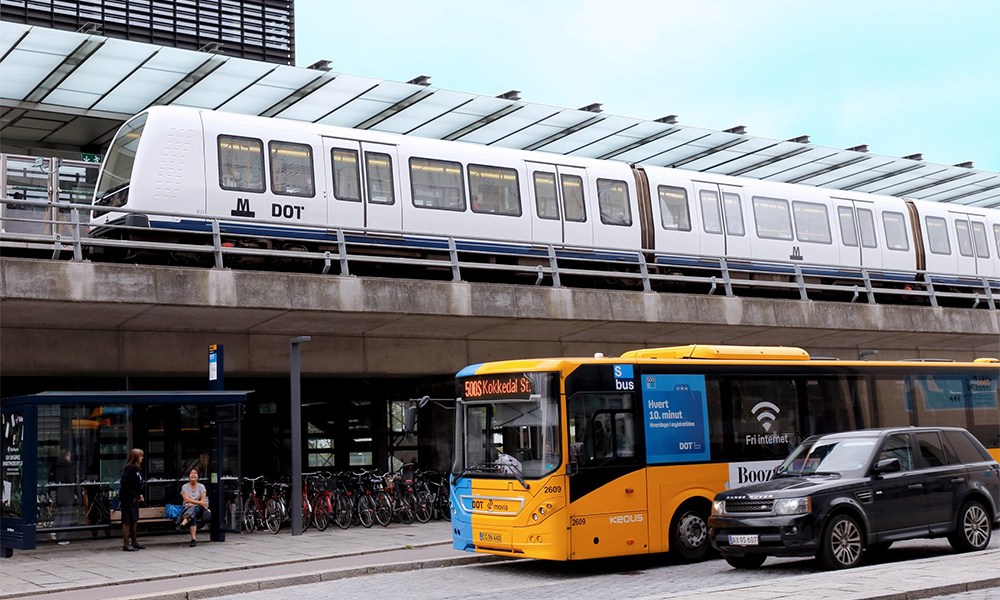
7. Opening a Danish Bank Account
Having a Danish bank account makes managing your finances easier, from paying rent to receiving your stipend. Bring along essential identification documents like your passport, residence permit, and a letter from your employer to streamline the process.
8. Currency and Budgeting Basics
The Danish currency is the krone (DKK), and Denmark can be pricey compared to other countries. Prioritize budgeting for essentials and seek out local markets or thrift stores for savings. Look into student or intern discounts on public services and entertainment venues to make your budget go further.
9. Understanding Danish Tax Obligations
Interns are often subject to Danish taxes, so it’s essential to understand tax requirements. Register with the Danish Tax Agency (SKAT) upon arrival, and inquire about deductions that might apply to you as a non-resident worker.
10. Navigating the Danish Healthcare System
Denmark’s healthcare is known for its quality and accessibility. Register with a local doctor through the national health system (CPR) to receive a yellow health card. Health insurance is recommended for international interns to cover any unexpected health costs.
11. Work-Life Balance Expectations in Denmark
Denmark has a reputation for balancing work and personal life. The average workweek is about 37 hours, and flexible schedules are common. Interns may also receive paid leave, making it easy to maintain a harmonious lifestyle.
12. Communication and Language Basics
Although many Danes speak excellent English, learning basic Danish phrases is respectful and can be helpful in daily life. Terms like “hej” (hello) and “tak” (thank you) go a long way in connecting with locals.
13. Building a Professional Network
Networking in Denmark tends to be low-pressure and friendly. Take the initiative to connect with colleagues over coffee breaks and attend networking events to make meaningful connections that could support your career.
14. Embracing Danish Cuisine and Food Culture
From hearty open-faced sandwiches (smørrebrød) to flaky pastries, Danish food is unique and delicious. Explore street food markets and local bakeries, but balance dining out with cooking to save money.
15. Exploring Denmark’s Landmarks and Culture
Take time to visit Denmark’s historic castles, vibrant museums, and coastal sites. Seasonal events like Christmas markets or summer festivals offer an authentic look at Danish traditions and communal celebrations.
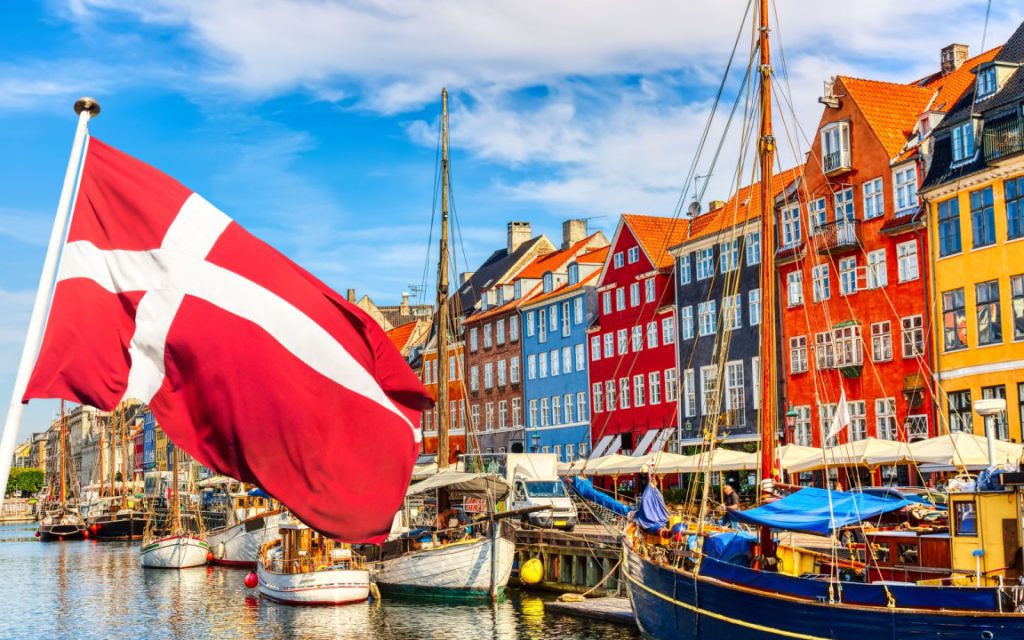
16. Personal Safety and Emergency Preparedness
Denmark is one of the safest countries in the world. That said, it’s wise to stay informed of emergency contacts, keep valuables secure, and be cautious with personal information.
17. Understanding Danish Workplace Etiquette
In Denmark, hierarchy is minimal, and everyone’s input is valued. Address colleagues by their first name, and always respect punctuality. Business attire is often smart-casual, but check with your workplace to be certain.
18. Sustainable Living Practices in Denmark
Denmark is known for its eco-consciousness. Embrace sustainable practices like recycling, conserving energy, and considering eco-friendly modes of transport, like biking or using public transport.
19. Adjusting to Life Abroad: Overcoming Culture Shock
Settling into a new country can be challenging. Embrace local traditions, join expat groups, and make an effort to connect with your surroundings to ease feelings of homesickness.
20. Making the Most of Your Internship Experience
Set personal and professional goals to maximize your experience. Take on projects that challenge you, develop new skills, and stay open to learning from every encounter, as this experience in Denmark will enrich your career journey.
